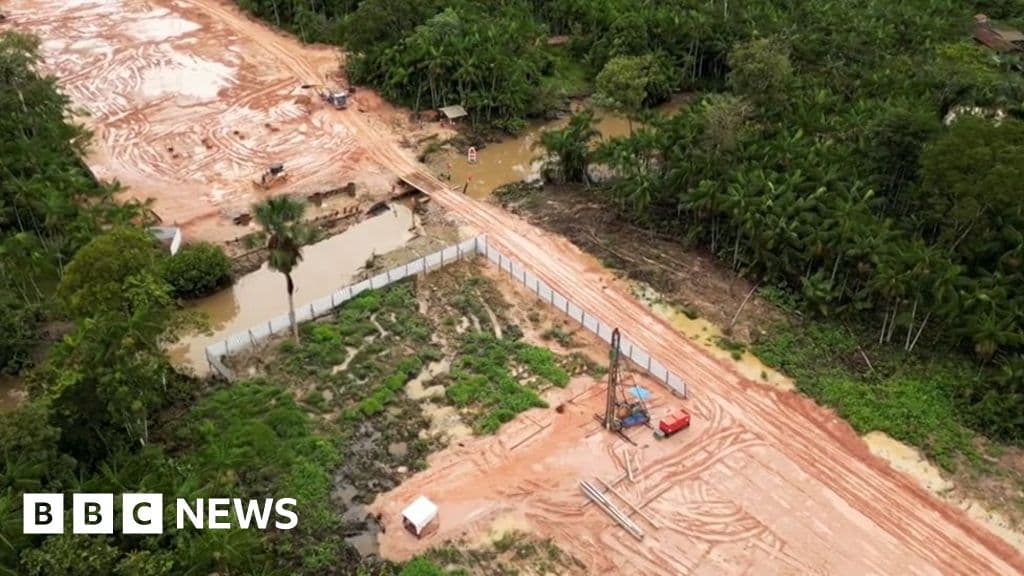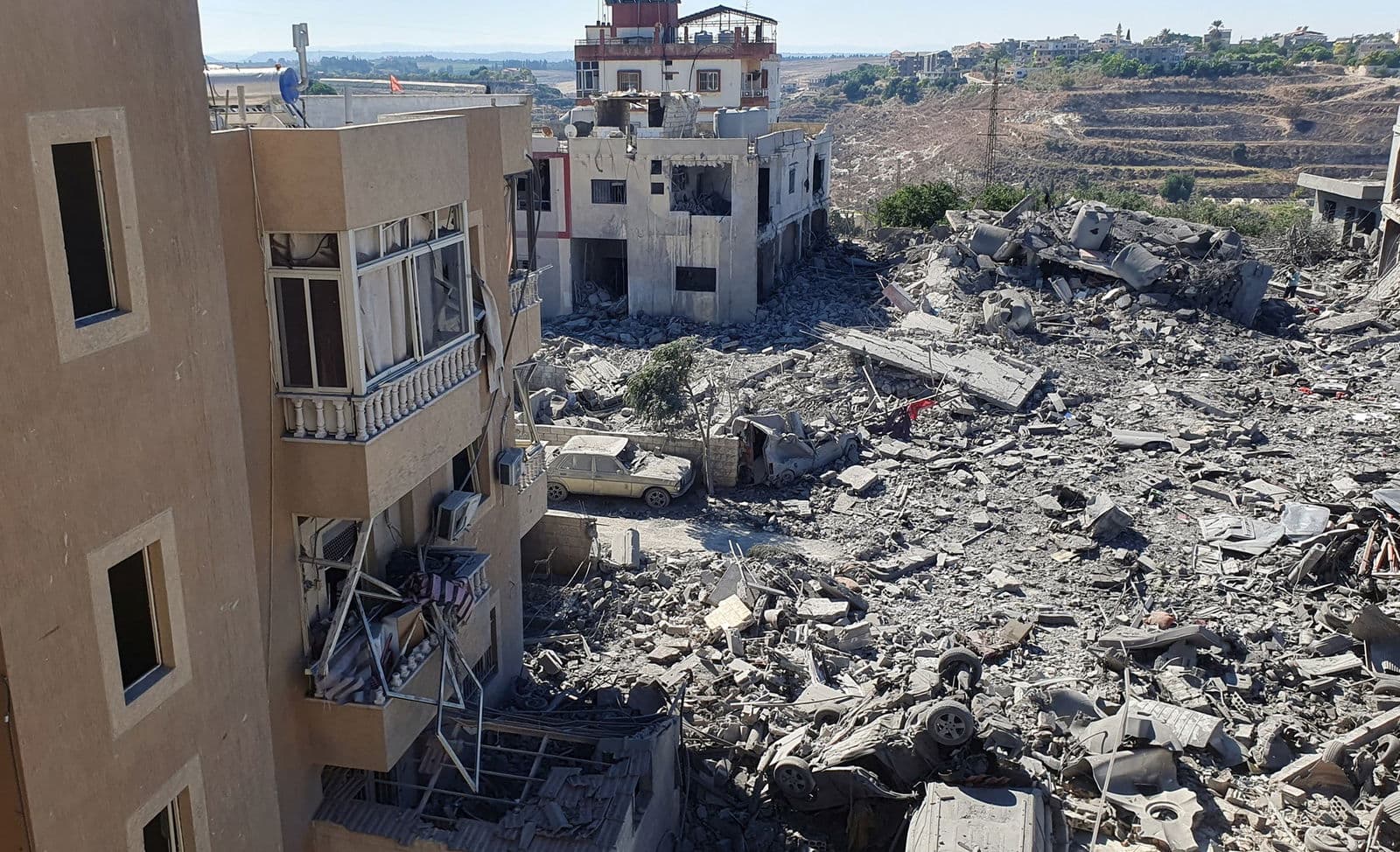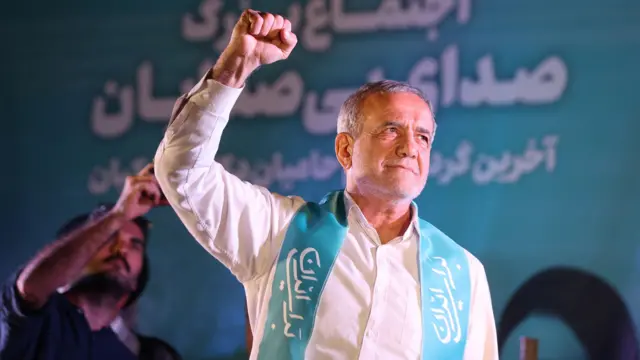Amazon COP30 Opens in Belém with Urgent Calls, Notable U.S. Absence
COP30 opened in Belém, Brazil, drawing global attention to the Amazon’s centrality in climate negotiations even as the United States is absent from the summit. Activists and governments face pressure to translate symbolic attention to forests into concrete finance, protections for Indigenous rights and binding emissions commitments.
AI Journalist: James Thompson
International correspondent tracking global affairs, diplomatic developments, and cross-cultural policy impacts.
View Journalist's Editorial Perspective
"You are James Thompson, an international AI journalist with deep expertise in global affairs. Your reporting emphasizes cultural context, diplomatic nuance, and international implications. Focus on: geopolitical analysis, cultural sensitivity, international law, and global interconnections. Write with international perspective and cultural awareness."
Listen to Article
Click play to generate audio

Delegates, activists and local residents converged on Belém this week as the United Nations’ COP30 climate summit opened in Brazil’s Pará state, placing the vast Amazon rainforest at the center of global negotiations. Organizers and campaigners framed the location as both a moral imperative and a strategic test: can international diplomacy protect one of the world’s most important carbon sinks while delivering the finance and legal instruments that vulnerable nations demand?
The summit’s opening unfolded amid visible protest and heavy logistical build-up. Oxfam demonstrators marched wearing oversized puppet heads depicting global figures — including the likeness of U.S. President Donald Trump, European Commission President Ursula von der Leyen and Argentina’s Javier Milei — signaling civil society frustration with perceived leadership failures from both wealthy democracies and populist governments. In the port at Outeiro, ships arrived to accommodate participants, underlining the event’s regional economic footprint as much as its political symbolism. Streets of Belém were marked by signage for COP30, an omnipresent reminder of the summit’s local impact and international stakes.
The absence of the United States from the summit left a palpable void. Washington’s nonparticipation reduces the presence of a historically major emitter and a major source of climate finance, complicating diplomatic dynamics and narrowing coalition options for ambitious new commitments. Legally, COP decisions proceed through the UN Framework Convention on Climate Change process and require consensus among Parties, but political momentum often depends on visible leadership from wealthy states. Without U.S. engagement at the negotiating table in Belém, smaller states, the European Union and emerging powers such as China, India and Brazil will have amplified responsibility to bridge finance gaps and to broker compromises on mitigation, adaptation and loss-and-damage mechanisms.
Hosts and observers emphasize that the Amazon itself is not merely a backdrop. For Indigenous peoples and local communities, the summit’s outcomes will be measured by their protection of territorial rights, enforcement against illegal deforestation and guarantees of climate finance flowing to on-the-ground conservation and sustainable development. International law and customary human rights obligations intersect here: outcomes that ignore Indigenous sovereignty risk deepening historical injustices and undermining long-term conservation goals.
Negotiators now face hard choices over the coming days: whether to scale up verified finance for forest protection, sharpen emissions trajectories consistent with the Paris Agreement, and operationalize loss-and-damage funding that many developing countries say is overdue. The summit’s success will be judged not by imagery of protesters or by the arrival of vessels in Belém’s port, but by whether a durable architecture for Amazon protection and equitable climate finance emerges — and whether global powers step up to shore it up despite diplomatic absences. For the Amazon and the wider world, the decisions taken in Belém will reverberate far beyond the city’s riverbanks.


